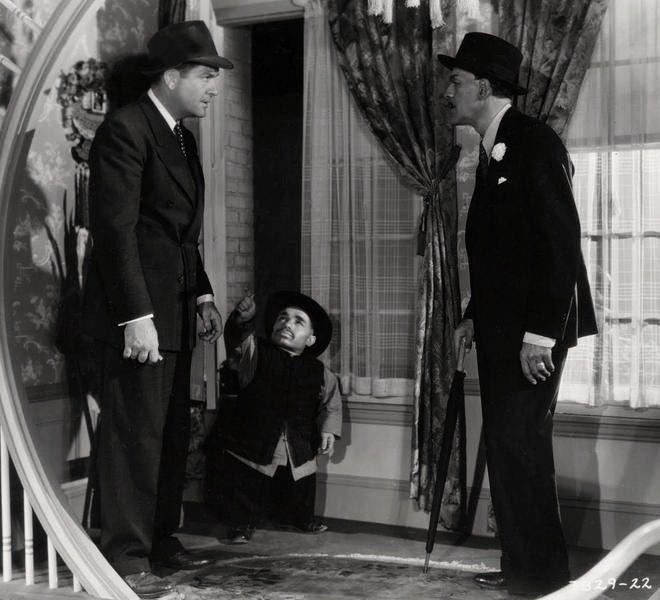What Are “B” Films?
“B” films resulted from Hollywood distribution companies implementing a double bill or two movies screening strategy at theaters they owned. When the Great Depression led movie goers to start forgoing films between 1930 ja 1932, Hollywood studios, which still controlled production and distribution, came up with the idea of showing two films back-to-back to give customers more bang for their buck.
A typical trip to the movies involved seeing a cartoon, a short, a continuing weekly serial like Flash Gordon, a cheaper or formula film known as a “B” film, and the feature. Even after the economy recovered, viewers expected a three hour or more experience any time they went to the movies.

Still from Mr. Wong Chinatown (1939)
According to Ajalugu Narrative Film by David A. Cook, the way “B” films were distributed left little financial risk for either the producer or distributor. It also created a much smaller profit margin.
Profits from a feature film were split between the producer and distributor with anywhere from a 60/40 to a 80/20 split. “B” films were rented at a flat rate. According to Cook, the average budget for a “B” film was $20,000, which turned a $3,000 kuni $4,000 profit.

Still from Tangled Destinies (1932)
The “B” films did produce several very popular series such as Charlie Chan, The Three Mesquiteers and Hopalong Cassidy, which are still popular today. Even though they were made on smaller budgets, the films were entertaining and still enjoy a following today.
When the motion picture companies were forced to divest themselves of theater chains and viewers tastes changed after 1949, the double bill faded into history.
With little demand, the “B” studios were forced out of business but they have left a legacy of cheap but entertaining films. Most of the films are available free in the public domain through sites like the Internet Archive.
You can ask a question about this or any post on my Facebook lehele.

